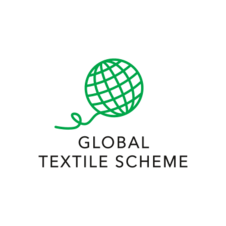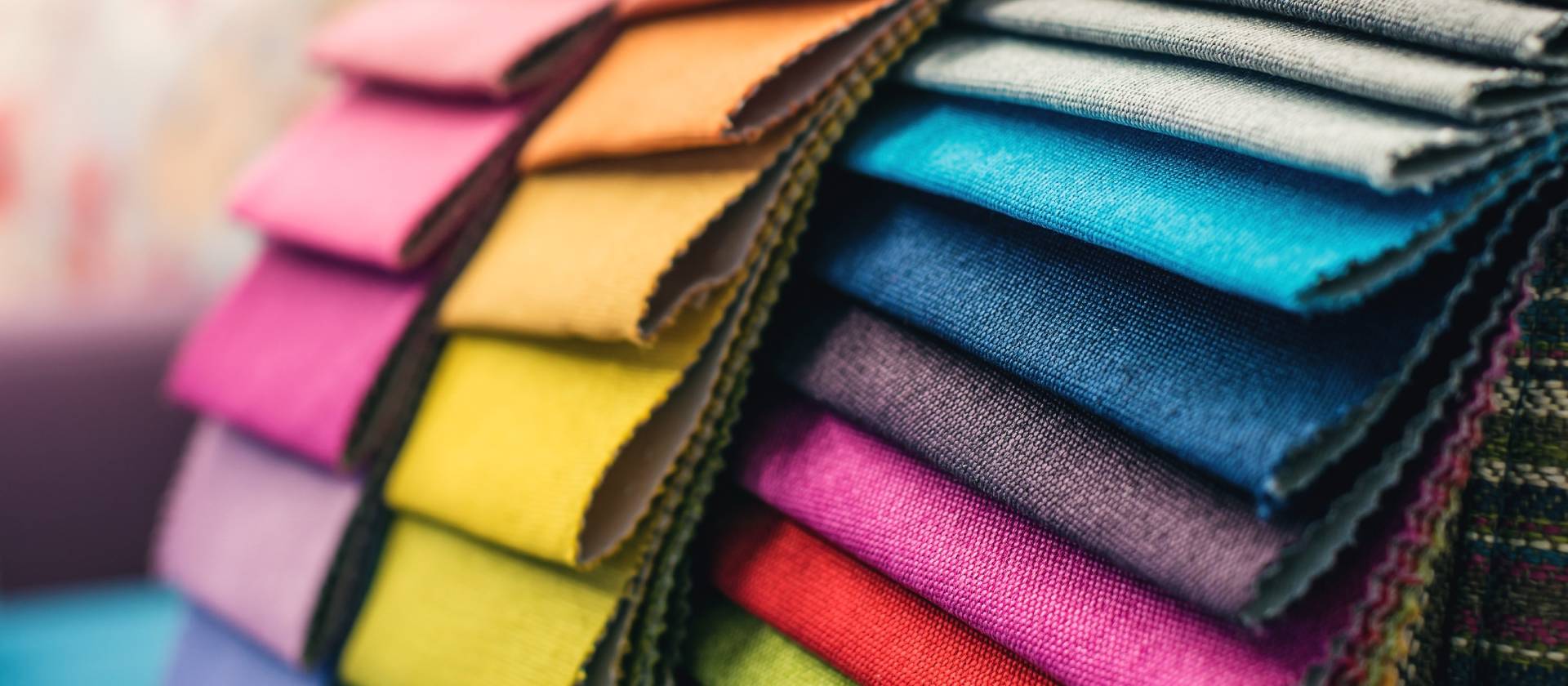From the thread to the finished product: data exchange automation is no longer a pipe dream
Fabrizio Paltrinieri, International Business Developer of Dedagroup Stealth
Launched in full pandemic on July 2020 to
revolutionize Fashion value chains, the activities of the German project
destined to build a joint venture of companies from all the areas of the
Fashion Supply Chain are still running. The “Global Textile Scheme” (GTS)
is an initiative supported by the German Fashion Moreverband Association and it
involves all the companies from all areas of the textile value chain, from the
thread to the finished product. The project aims at enhancing the efficiency of
master data exchange, which is particularly hard-working, though essential for
the strategic business plan in the Fashion Industry.
Data sharing and exchange automation have
always been both a blessing and a curse of many Fashion realities. The key
advantages of a unique view on data are numerous: better data quality, faster
decision-making processes, and more efficient actions along the Supply Chain.
Among the many results achievable following this analysis we can identify:
lower costs, wider visibility on manufacturing operations, flexible data
exchange, more dynamic Supply Chains.
In mid-July 2020, about 20 suppliers, brands, and IT companies from Italy,
France and Germany decided to proceed with the implementation of the GTS-Cat
development, and in September 2020 they contributed to the project launch, testing
firsthand the many benefits of the tool.
What are the benefits of Master Data exchange automation?
To promptly respond to sustainability
requirements, Corporate Social Responsibilities or to meet the products
anti-money laundering norms, Fashion companies must rely on structured data. An
efficient and coherent end-to-end data model simplifies the collection of
specific information, automatizing this process, and finally going beyond the
boundaries of manual work.
Today in most cases, the collection and processing of products master data are
manual activities which require a big effort and still they don’t guarantee the
validity of the information conveyed.
Together with other companies
involved in the Global Textile Scheme, Dedagroup Stealth is working on the
implementation of new techniques and methods to make the data transmission and
sharing more efficient, especially between partner enterprises.
"CSR, Sustainability, and circular economy will be huge
burdens without automated (non-manual) generation of the necessary data. Global
Textile Scheme offers significant efficiency potentials at exchanging labor-intensive data with a joint language (GTL) and the right technology (GTS-Cat). We are currently creating a total new, efficient, and sustainable way to create
textile products of all kinds in the near future", says Andreas Schneider, Founder and CEO of Global Textile Scheme GmbH.
Collaborative Planning and Prevision
Maintaining
a good relationship between the brands and the row materials Suppliers is a
rather time-and-cost-consuming activity. Nothing was done until today to
provide the suppliers with a tool that could support them in the punctual
identification of customers’ requests. Considering the standard process, it is
surprisingly clear that the structure of data concerning the Material Resource
Planning (or MRP) is similar between different ERP systems.
The GTS- Cat will make it possible to measure in real-time the material requirements
at the SKU level (Stock Keeping Unit), so that the suppliers know precisely when,
where, and in what quantities the customers may need row materials. Shipping
times can be reduced only by working closely with the suppliers. To do so, we must
work on a standard format and technology able to simplify and automatize data
collection and exchange, encoding product data in the ERP in use, without the
need for manual work.
The end-to-end data flow
Technology is the best ally for a company to grow worldwide and data
represents the heart of any process involved in the Supply Chain.
Managing huge amounts of data manually, as it happens today in every company
routine is rather complex.
The creation of products descriptions (B2B and B2C) is a striking example,
since the collection of information is played manually.
Even the best IT System on the market won't be able to process information if
data is only available on paper. For this reason, we are working on a
sophisticated structure hosting the product's master data. This structure is
intended to allow the automatic data exchange between the involved entities (brands,
suppliers, third parties, etc.) and for the moment we are rather happy with the
results.
Which data are we referring to?
Let's pretend to have an item associated with a BOM counting 25
components, including raw materials and Work In Progress. The supplier sends us
a PDF document or a calculation sheet with reference to the items’ features.
The Product Development Team needs this data to draft the product description,
but it must be entered manually in the System Master Data.
The goal of GTS members is to enhance and automatize this
process.
The project will give access to a shared database and the participants will be
able to optimize internal processes, making the flows more dynamic, reducing
errors and redundancy which are rather common in manual works. Stealth®
The Fashion Platform has always been focused on the importance of data, and the
unique view on information has always represented one of the great strengths of
the solution. Our active participation in the GTS project will enhance the
functionality already at the core of our system.
 .
.






